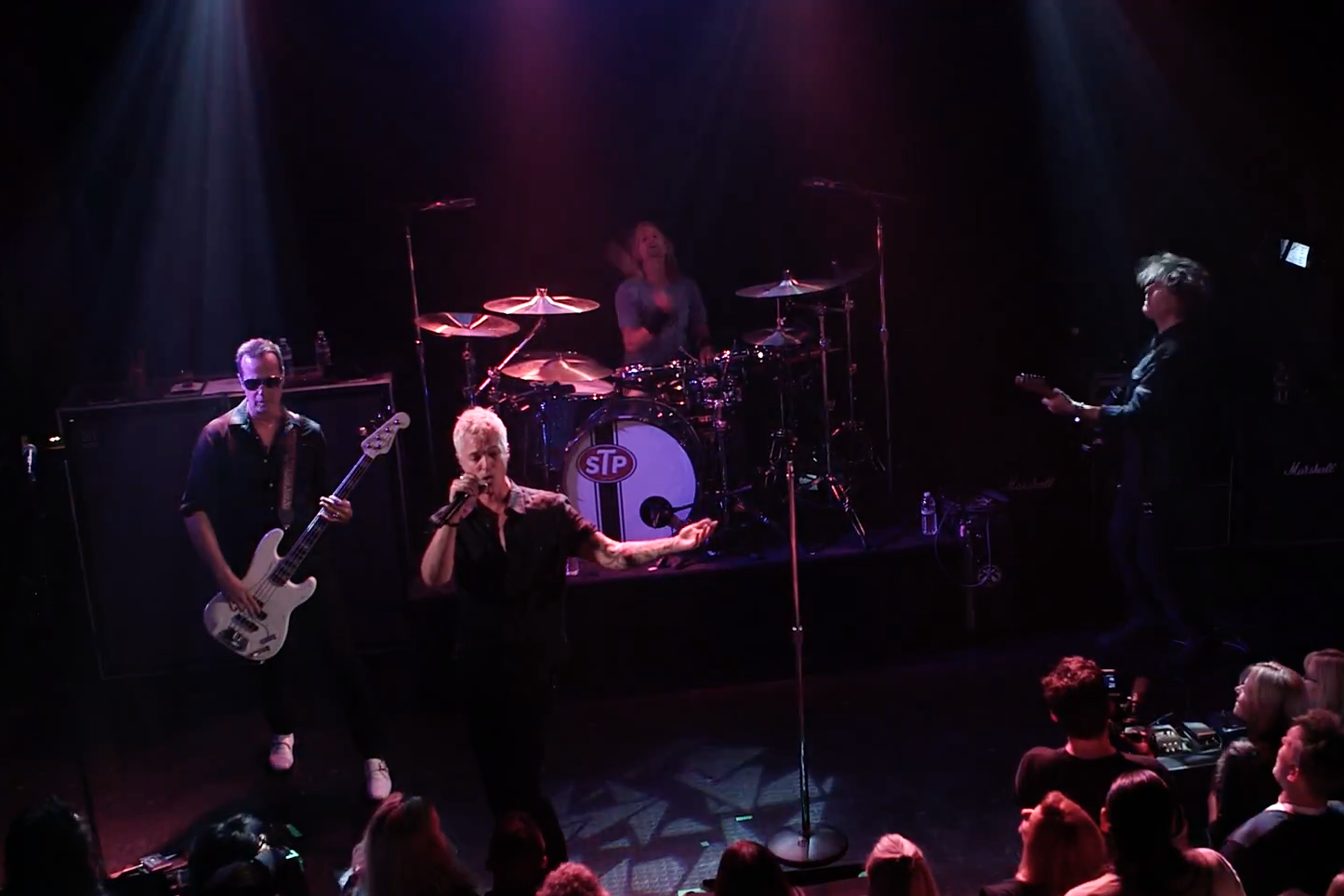
That album came out in 1994, which was more or less the last grasp for grunge. Purple is a much superior album, with the band casting off its more metal influences for a diverse tracklist that includes acoustic ballads, weird experimental tracks, and arena-rock anthems that, while remaining radio standards to this day, hold up to repeated listening far better. The good tracks have all been played to death by now, and the album cuts, well, the album cuts were album cuts for a reason. All because of Weiland’s vocal similarity to Eddie Vedder.Īdmittedly, Weiland does have more of a Vedder-edge to him on Core, and while we’re being honest, Core doesn’t really hold up all that well to modern ears. Most lambasted them as a wannabe act, Pearl Jam impersonators and false grunge rockers from California (gasp!) who were riding the coattails of an established scene in order to find success. And to understand why it’s important to remember that at the time STP were not a popular group with the critics. STP could’ve gone into the studio, churned out another record cut from the same stone as their first two, and counted their money.īut instead they chose to go the route of the “difficult” album. The only Seattle group left was Soundgarden, and they had just released Down on the Upside, a good record, but one that saw them embrace a far more radio-friendly sound. Alice In Chains were rapidly retreating thanks to their lead singer’s own massive drug issues. Tiny Music came out in 1996, and at the time it seemed like STP were primed to become the grunge kings. What I am going to do is try my best to recenter that legacy off of the band’s first two (admittedly great) albums and the tragic trainwreck that was Weiland’s life and instead shift the focus to that third album, which is probably one of the best albums of the decade. They obviously did even before Weiland’s untimely passing. I’m not going to spend anytime on this article to question whether or not STP have a legacy. Thanks largely to the previously mentioned drug issues, the band barely toured for the record, and the singles for the album were released erratically, making it difficult for the album to gather momentum. Coming off the massive success of the band’s first two albums, which sold eight million and six million copies, respectively, Tiny Music was widely seen as a disappointment when it came out, as it sold “only” two million copies. But it’s criminal in that it leaves out the band’s third LP, Tiny Music…Songs From The Vatican Gift Shop. That’s a pretty accurate summation of the group, at least from a popular perspective. Then the band recruited the guy from Linkin Park for an EP and tour and everyone was like “what the fuck.” Weiland went onto record a couple of albums with Velvet Revolver, briefly rejoined STP for a self-titled reunion album, and then left the group again, this time on seemingly even more hostile terms. When the band was finally able to continue with a (questionably) sober Weiland in the early 2000s, the spark was gone and they broke up. At their peak, the band’s success was stymied due to Weiland’s legal issues related to his various addiction. The band’s first two albums were wild successes that outsold many of their contemporaries. When these articles look back on Weiland’s time with STP, they all seem to touch on the same points.


Sadly, I wonder how many of them were on file and ready to go, minus a few key dates and recent events, considering the singer’s long-standing issues with drug and alcohol abuse. As such, I’m awash in a sea of tributes, eulogies, think pieces and listicles celebrating his legacy.

Today’s band: Stone Temple Pilots.Īs I’m writing this, it’s been less than a week since Scott Weiland was found dead in his tour bus at the too fucking young age of 48. Scrunge (second-rate rip-off grunge) is a largely forgotten genre, and every few weeks I’m going to examine a scrunge act or two and see if they deserve a second chance.


 0 kommentar(er)
0 kommentar(er)
